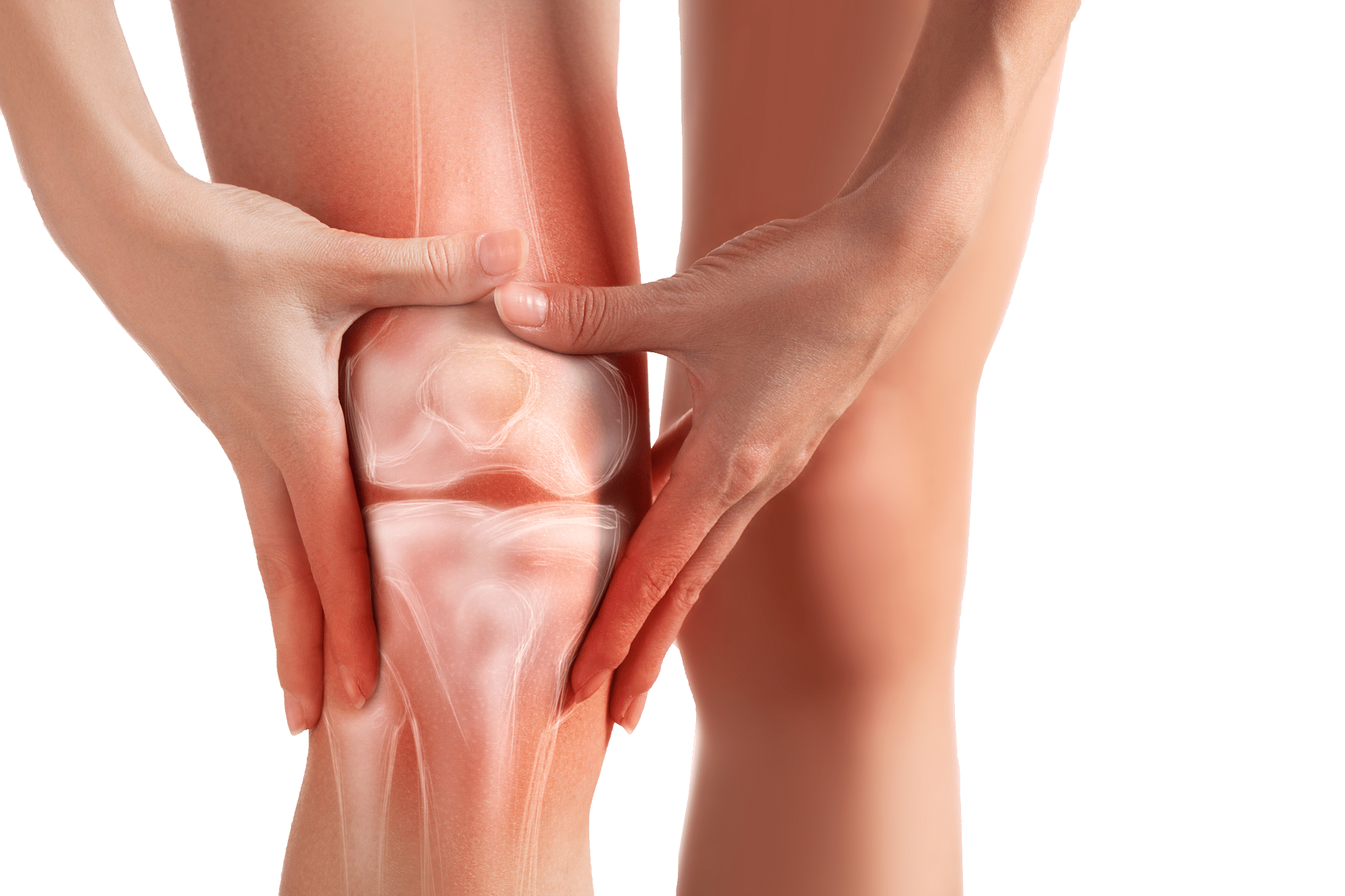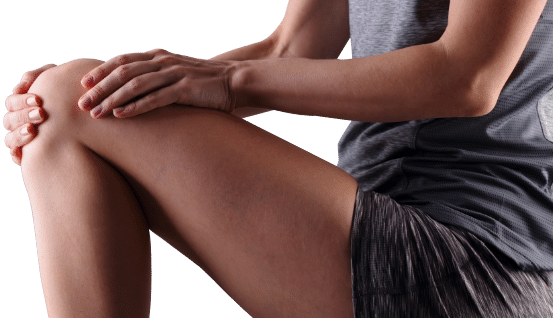Anxiety and acute discomfort are common reactions to severe knee pain. About 25% of adults suffer from knee discomfort, a frequent issue. For the most part, minor to moderate pain resolves on its own with self-care and non-invasive therapies like physical therapy. The best cure for your knee discomfort can be found at Knee Pain doctor financial district.
Common causes of severe knee pain
1. Knee Bone Injuries
- Knee Dislocations: Severe knee discomfort is frequently brought on by dislocated kneecaps. Due to the nature of the joint, the patella typically dislocates to the outside of the knee. The outside side of the knee will have a bulge, and moving the knee will be pretty painful and challenging.
- Dislocations of the knee joint are even more complex than those of the kneecap. Since the tibia and femur require enormous force to dislocate, there will almost definitely be further injuries as well, which will cause excruciating knee pain and swelling right away.
- Knee Fractures: Severe knee pain can result from any knee bone fracture. Kneecap patella fractures are typically caused by falls onto the front of the knee, mainly from heights or during an RTA. Surgery is usually necessary to treat these fractures.

2. Knee Meniscus Tears
Another typical cause of excruciating knee pain is meniscus tears. The meniscus, a unique layer of cartilage, protects the knee joint. Meniscus tears frequently cause symptoms to worsen over a few days, with discomfort increasing as swelling does.
3. Gout Knee
Gout symptoms typically appear suddenly and intensify knee discomfort. They usually occur at night when our body temperature decreases. Elevated uric acid causes crystals to develop in the joint, promoting inflammation.
4. Knee Ligament Injuries
Ligament tears are sometimes accompanied by an audible snap or cracking noise and are frequently the consequence of twisting injuries or the knee being forced out of place, such as in an athletic tackle.
The harshness of the injury will decide how quickly and how severe the knee pain and swelling are. The severity of the damage and the affected ligament will evaluate how a ligament tear is treated.

When to see a doctor
- Your knee movements are limited – you can’t entirely turn or straighten the knee
- You have painful knee pain at dark or when sleeping
- Your knee supports giving way
- You feel sick or have a madness
- There is redness, or the knee touches hot
- There is considerable swelling near the knee
- Your signs continue or get worse
The best therapies for your knee discomfort can be found at knee pain treatment Fidi.
Conclusion
Most people have had knee discomfort at some point in their lives. However, that doesn’t imply you have to endure agony all the time. If your knee pain is causing you to alter your routine, see a Knee Pain doctor New York.
Embrace your gut feeling and pay attention to your body. Sometimes, people think knee discomfort is an inevitable byproduct of aging or something that comes with working or doing certain activities. While occasional pain is normal, if it hasn’t gone away for more than a few days, you should pay attention to it.
